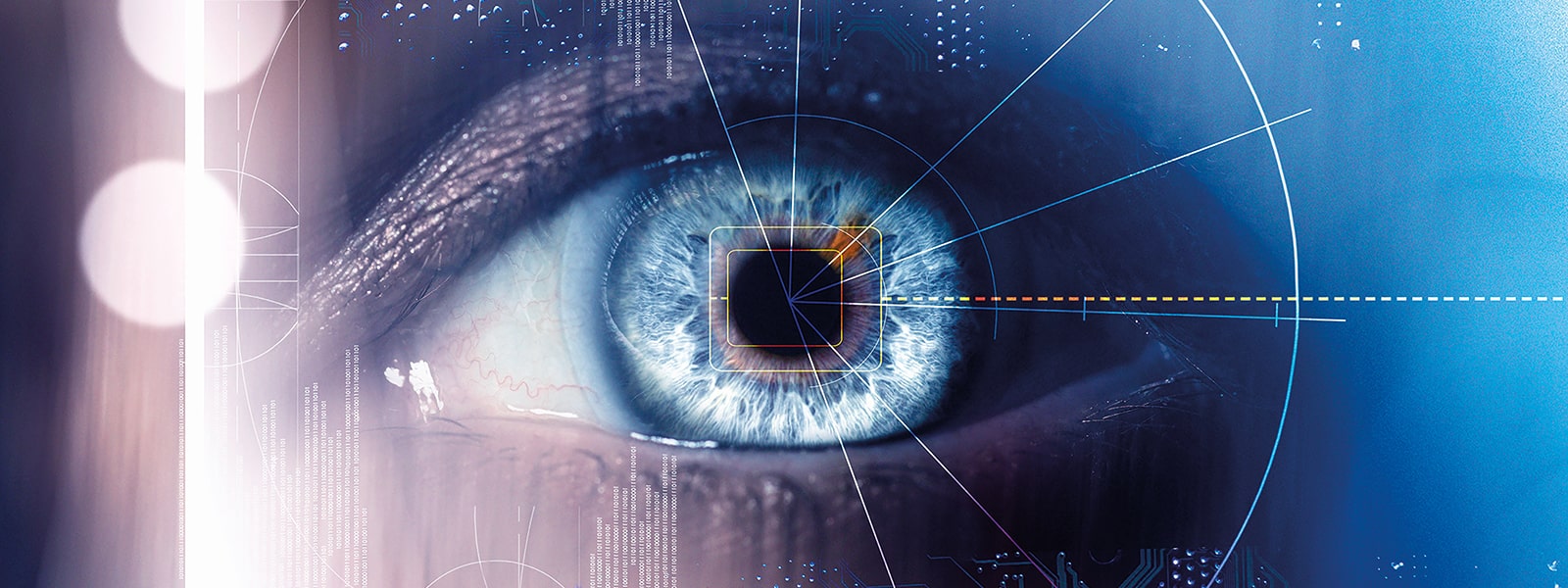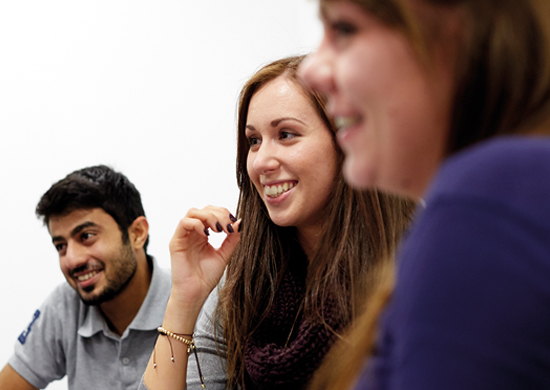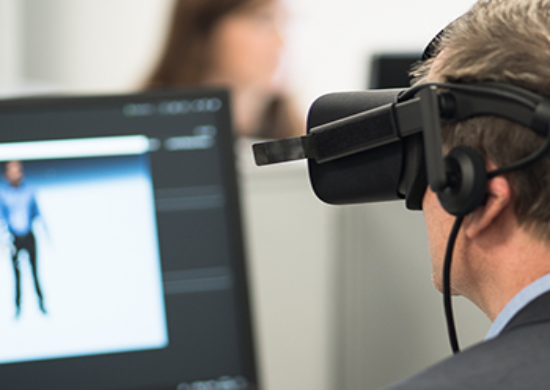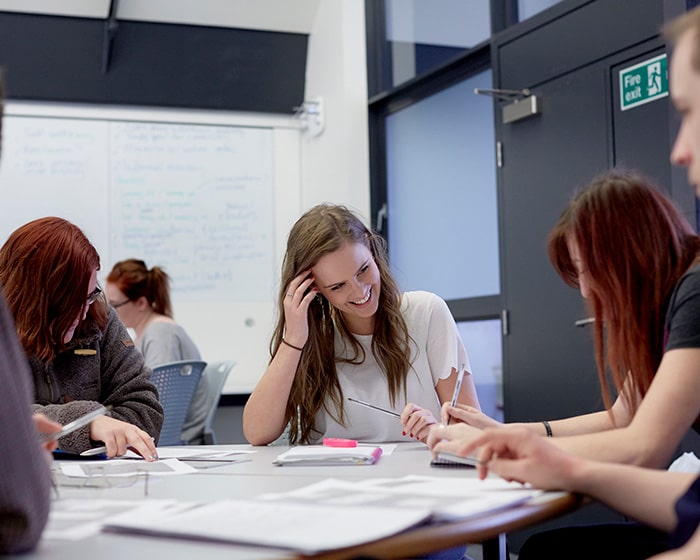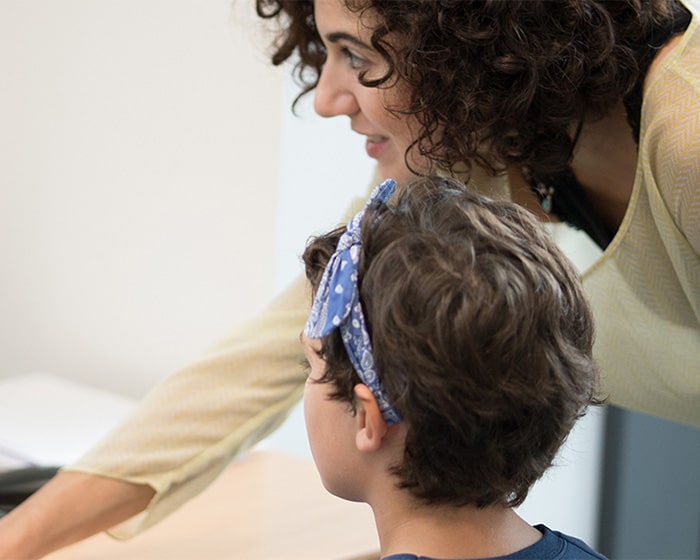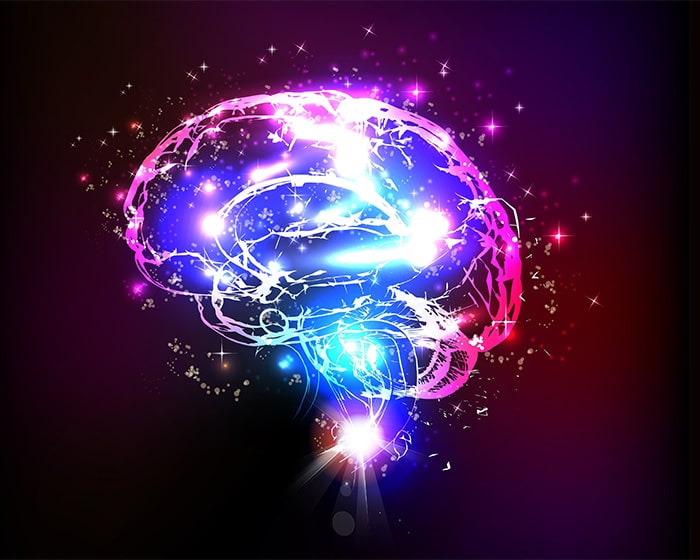Welcome to the School of Psychology
Psychology allows us to explore some of the big questions about what it means to be human, examining the science behind how people think, behave, and react to others. Our Psychology programmes tap into the diverse and multidisciplinary nature of Psychology, offering modules based in staff knowledge and expertise. Current research questions being explored by our staff and students include understanding the impact of Covid-19 on mental health; the effect of human activity on habitat selection in the Barbary macaque; and investigating online dating behaviours using the science of facial attractiveness.
Within our programmes we embed the opportunity to gain practical experience and to apply theory to the real world, with options to take work experience electives.
We are a vibrant multi-cultural community of staff and students, with consistently excellent ratings from students and a strong research profile. We are proud to hold the Athena SWAN Silver Award, recognising our commitment to the advancement of gender equality in academia. We embrace diversity, champion equality, and are proactive in making our School an inclusive environment for all.
Student engagement is at the heart of our approach to teaching and learning, and we focus on creating a community of psychologists. We offer a range of undergraduate and postgraduate taught programmes, with opportunities for students to enhance their experience and employability both within and outside of the curriculum. Our programmes aim to prepare our students for a range of career opportunities across the fields of psychology, education, healthcare, social services, data analytics, and the media.
We foster strong links with public, private, and charitable sector organisations, and embed public engagement throughout our practice. A thriving number of postgraduate research students enhances our community, and there are opportunities for full-time and part-time funded studentships.
We hope you enjoy finding out about what we do and what we offer - we look forward to meeting you.
Dr Kirsty Miller, Head of the School of Psychology
Connect with Us
School of Psychology, University of Lincoln, Brayford Pool, Lincoln, LN6 7TS, UK
Telephone: +44 (0)1522 882000 | Email: enquiries@lincoln.ac.uk

